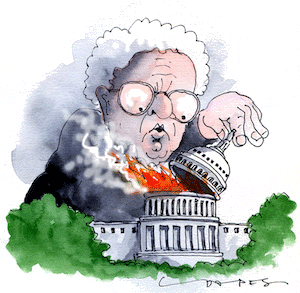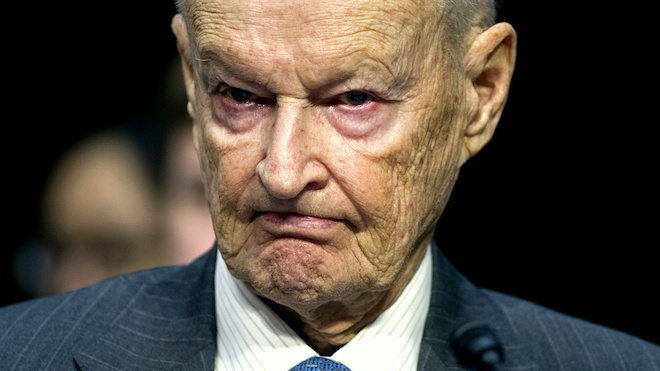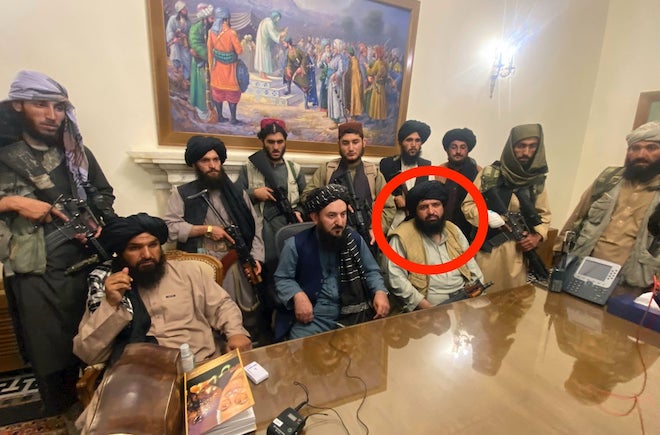The tail end of the American century
Decline and fall following 9/11 ... Damage wrought by the "war on terror" ... Democracy looks wobbly ... Brigade of unscrupulous lawyers shredded the law ... Nacht und Nebel ... Guantánamo detainees now in the Taliban government ... Roger Fitch files from Washington
 Much has been written about the September 11, 2001 terrorist attacks on their 20th anniversary, mostly about how "9/11 changed the world". In hindsight, it was America's reaction that altered everything. One headline summed that up: The Most Terrifying Thing About 9/11 Was America's Response.
Much has been written about the September 11, 2001 terrorist attacks on their 20th anniversary, mostly about how "9/11 changed the world". In hindsight, it was America's reaction that altered everything. One headline summed that up: The Most Terrifying Thing About 9/11 Was America's Response.
2021 also brought an end to the immensely counter-productive war in Afghanistan launched by George Bush and acquiesced in or joined by western nations.
Osama bin Ladin, the ostensible target of the US invasion, left Afghanistan in the first year of the war. He was eventually captured in Pakistan, where summary judgment was rendered: quite unnecessary, with an open indictment in Manhattan.
Ironically, it was a good man, Jimmy Carter, who in 1979 began the ill-advised Afghan involvement, largely at the urging of his national security adviser, Zbigniew Brzeziński (seen here). "Zbig" wanted to draw the Russians into Afghanistan and hasten the collapse of the Soviet Union.
Many believe that ploy was successfully emulated by bin Laden when he drew the US into Afghanistan: the US suffered great internal stress and loss of its position in the world, and is currently threatened with the collapse of its democracy.
The failure of the Afghanistan intervention, coinciding with the 9/11 anniversary, caused Americans and foreign observers to stop and reflect on how the US government got everything wrong in the 20-year "Global War on Terror" that followed 9/11, beginning with George Bush's rejection of Taliban peace overtures.
There's more in The Intercept and the New Republic on the Afghan fiasco.
Historians will rightly blame George Bush for many domestic effects that remained, e.g, an armaments industry in overdrive and a security state.
Above all, there is a re-jigged justice system that has sanctioned the prosecution of combatants and militarised civilian crimes, epitomised by the extrajudicial detention at Guantánamo and "trials" in its kangaroo courts.
Astonishingly, liberal democracies like Australia and Canada (and briefly, Britain and Germany) allowed their citizens to be caught up in proceedings that violated their own laws as well as American and international law.
 Zbigniew Brzezinski: father of the Afghan folly
Zbigniew Brzezinski: father of the Afghan folly
Opportunistic, malleable, incompetent or merely dishonest, bad lawyers were at the heart of the Bush Administration's derailment of law. John Yoo, Jay Bybee, Patrick Philbin, Robert Delahunty, Timothy Flanigan, Daniel Levin, Steven Bradbury, Jim Haynes and Alberto Gonzales joined in memos that ignored the Torture and Geneva Conventions, "authorising" practices that first-year law students would recognise as illegal.
"National Security" brought such things before. Although it's disputed, the law professor Scott Horton believes Bush's lawyers were as culpable as Hitler's Night and Fog lawyers, tried at Nuremberg in the Altstoetter case:
"Justice Department lawyers were ... charged with crimes against humanity and war crimes arising out of the issuance and implementation of the Nacht-und-Nebel [decree]. The United States charged that as lawyers ... they must have recognized that their technical justifications for avoiding the application of the Hague and Geneva Conventions were unavailing, because these conventions were 'recognized by all civilized nations, and were regarded as being declaratory of the laws and customs of war' ... the two principal Justice Department lawyers ... were convicted and sentenced to ten years' imprisonment ...This judgment clearly established the concept of liability of the authors of bureaucratic policies that breach basic rules of the Hague and Geneva Conventions for the consequences that predictably flow therefrom."
* * *
While Karen Greenberg has lamented the overall damage to America's rule of law caused by the 20-year "War on Terror", others are turning their attention to righting particular terror-war wrongs, e.g, Guantánamo, its inmates and former inhabitants, and the treatment of Detainee 001, John Walker Lindt.
Among those speaking out have been human rights lawyers, prisoner advocates and members of the Guantanamo Bar. They point out that, following the end of hostilities in Afghanistan, there's little legal basis for military detention of "law of war" prisoners, not charged with war crimes.
Many were non-combatants, seized outside Afghanistan, and only five percent were captured by US soldiers on the battlefield. All were presumed by George Bush to be unlawful fighters, fictional "enemy combatants".
Those who were in fact belligerents were often lawful ones, e.g, the five Taliban (see below) freed by Obama in a prisoner swap in 2014.
They were fully entitled to the protections of the Geneva Conventions that the Pentagon had scrupulously provided in previous wars, e.g, PoW status hearings required under the Geneva Conventions and the US Code of Military Justice. The Vietcong received these, why not the Taliban?
Instead, officials trying to follow the law were bullied, sacked or re-assigned (see Fitch here).
Al Jazeera and the Times have more on the sordid history and present state of the Guantánamo project.
* * *
 Gholam Ruhani: eight years at Guantánamo (pic: AP)
Gholam Ruhani: eight years at Guantánamo (pic: AP)
Guantánamo grad Gholam Ruhani turned up at the first Taliban appearance in the presidential palace in Kabul. He was Detainee 003, and like Detainee 002 (David Hicks) was released in 2007.
Several Gitmo alumni were in the new Afghan government, e.g, Abdul Qayyum Zakir, the acting defence minister.
Zakir was also one of the first Gitmo prisoners (Detainee 008). Though an Afghan military official, he was detained for years while successive US governments denied him a PoW status hearing in flagrant disregard of the Geneva Conventions and the US Code of Military Justice.
Another government minister, Khairullah Khairkhwa, was also a military official in the 2001 Taliban government, and one of those detained at Guantánamo in violation of Geneva; he was released under the Obama administration as part of a prisoner exchange for the captured US soldier Bowe Bergdahl.
Both men had been held in conditions violating the Geneva Conventions.
* * *
At Guantánamo, military commission charges were finally approved against Riduan Isamuddin (Hambali) for the Bali bombings. The charges were laid by an outgoing Trump appointee, on Biden's first full day in office. The case was previously refused clearance to proceed, perhaps due to torture, the reason in Mohammed al-Qahtani's case. More here.
Pending Guantánamo proceedings suggest the US is still failing to recognise its anti-torture obligations, especially in the military commission proceedings, where torture-derived evidence remains on the table.
One such proceeding is that of Abd Al-Rahim al-Nashiri. Torture-derived evidence is the subject of his mandamus petition in the (cosmetic) Court of Military Commission Review; interestingly, Nashiri's torture was supervised by Gina Haspel, afterwards Trump's CIA director. The NYT has more.
Even as al-Nashiri's lawyers argue against the use of evidence gained through torture, the DoJ is remaining silent on the right to due process in the al-Hela case now before the full DC Circuit. The supreme court is meanwhile considering the "state secrets" appeal of Abu Zubaydah (CCR has an amicus brief).
Conveniently, the CIA destroyed its most notorious torture facility, the Salt Pit, before leaving Afghanistan.
No comments:
Post a Comment